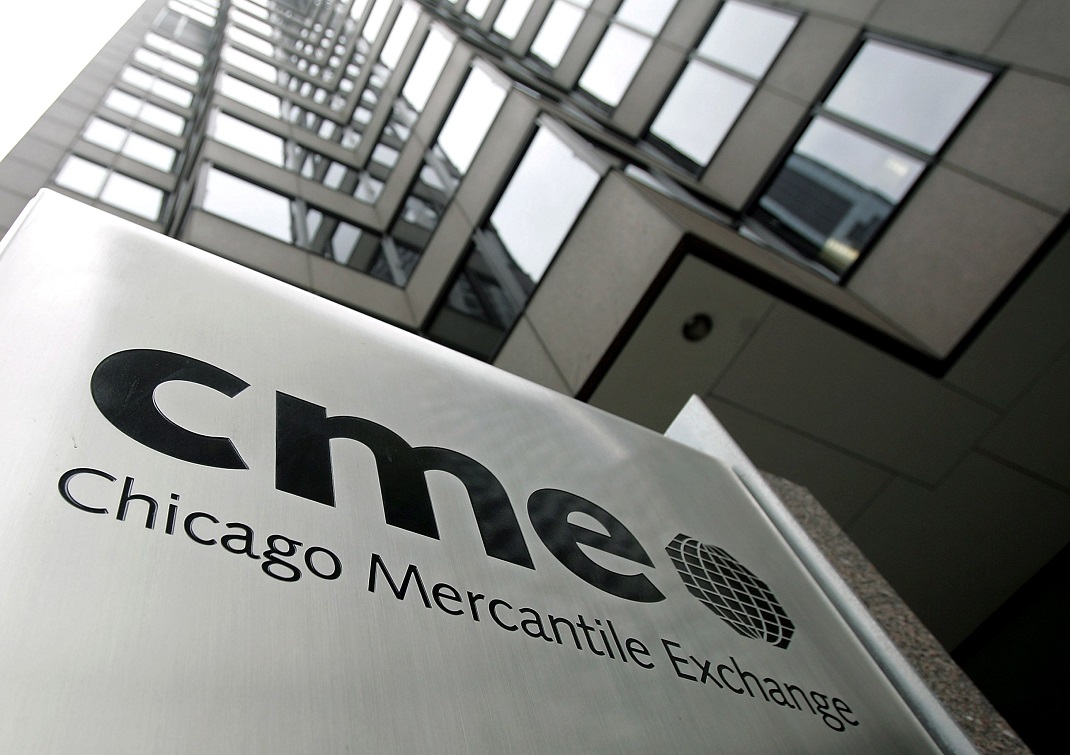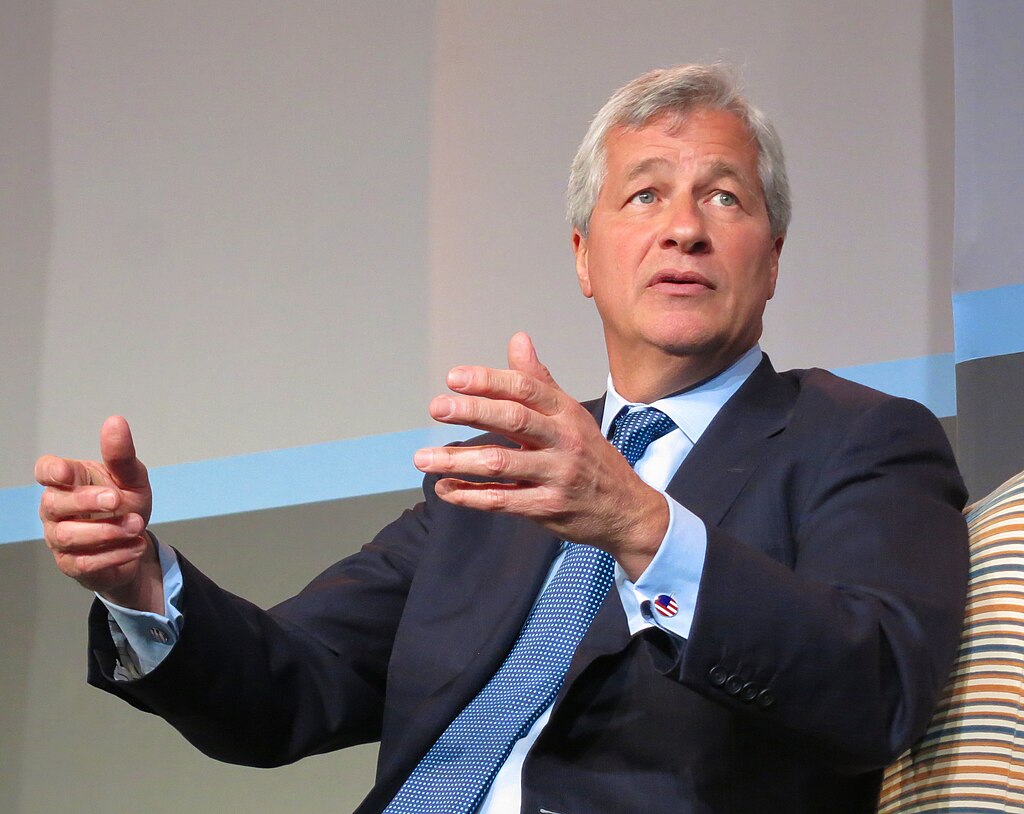Social media giant Facebook has hired 50 new staff ahead of the launch of its digital wallet, Libra.
Facebook’s Libra may have been scaled back, but the people behind it are determined to launch it by the end of the year. In fact, it just hired 50 people for its subsidiary Calibra.
“During this time of global uncertainty, we’re continuing to invest in our team located in Dublin,” Laura Morgan Walsh, head of operations at the social media company, told The Irish Times. “We’re actively hiring experts in fraud, compliance, workforce management, and customer care to expand our operations team supporting the Calibra wallet.”
Its Irish operations have become very crucial for Facebook. The publication pointed out that Facebook is already maintaining a small team for Calibra, which is responsible for the development of Libra wallets.
“Ireland is critically important to Facebook and plays a central role in our global operations. We have around 60 teams including engineers, safety and security experts, policy experts, marketing and sales people with a number of global and regional teams run from Ireland,” Gareth Lambe, head of Facebook Ireland added.
Just recently, Libra applied for the Swiss Financial Market Supervisor Authority (FINMA) payment system license. David Marcus also confirmed that Libra will be hosting single-currency stablecoins alongside multi-currency one.
“We are therefore augmenting the Libra network by including singlecurrency stablecoins in addition to ≋LBR, initially starting with some of the currencies in the proposed ≋LBR basket (e.g., LibraUSD or ≋USD, LibraEUR or ≋EUR, LibraGBP or ≋GBP, LibraSGD or ≋SGD),” he said.
Following the changes, Libra will not a separate digital asset. Instead, it will become a composite of some of the single-currency stablecoins available on its network. It also hopes to serve as a platform for central bank digital currencies (CBDC).
“Moreover, our hope is that as central banks develop central bank digital currencies (CBDCs), these CBDCs could be directly integrated with the Libra network, removing the need for Libra Networks to manage the associated Reserves, thus reducing credit and custody risk. As an example, if a central bank develops a digital representation of the US dollar, euro, or British pound, the Association could replace the applicable single-currency stablecoin with the CBDC,” the association said.

























Comment 16